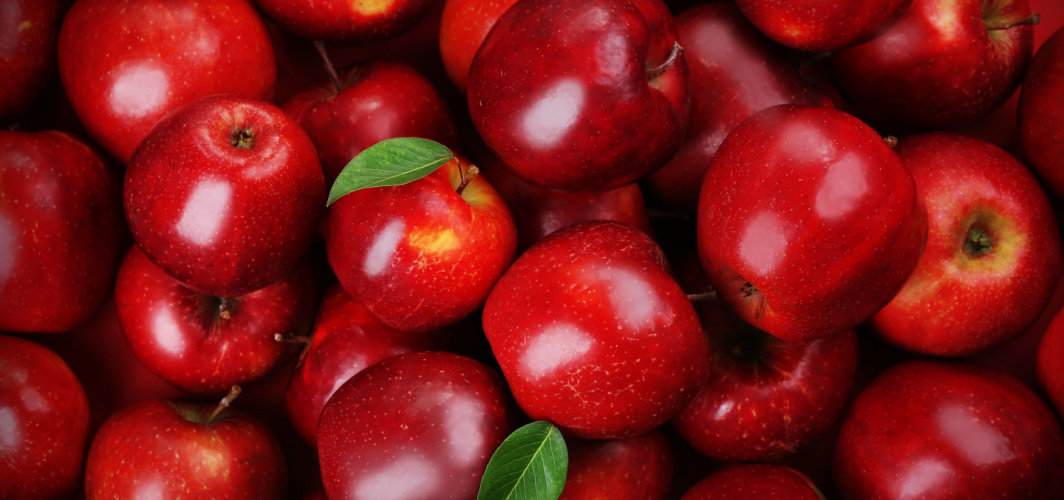- Home
- Blog
- Health & Nutrition
Are Artificial Sweeteners Healthy?
Health & Nutrition
Are Artificial Sweeteners Healthy?
By Apollo Pharmacy, Published on- 04 January 2022, Updated on -18 October 2022
Share this article
0
0 like

We are often told to limit sugar intake to lose weight and maintain good health. This has led to the use of artificial sweeteners, also called sugar substitutes, among people having sweet cravings. Artificial sweeteners are low-calorie or calorie-free and are many times sweeter than sugar. They are widely used in weight loss products and diabetes management. Though the popularity of sugar substitutes is growing, there are some concerns about their health benefits and safety. Research on the health effects of sugar substitutes is inconclusive, with mixed findings. However, FDA-approved sweeteners are safe when used in moderation.
What are artificial sweeteners?
Artificial sweeteners are synthetic substitutes for table sugar prepared using natural substances like herbs or sugar itself. They are about 200-600 times sweeter than sugar. Hence, only a small quantity of artificial sweetener is required when compared to the amount of sugar that is normally used for sweetness. Artificial sweeteners are of two types: sugar substitutes and sugar alcohols.
Commonly used artificial sweeteners include:
- Aspartame
- Sucralose
- Saccharin
- Stevia
- Acesulfame K
- Neotame
- Monk Fruit
- Advantame
Uses of artificial sweeteners
Artificial sweeteners are used to sweeten processed foods and drinks. They are commonly used in canned foods, baked foods, candies, puddings, jams, jellies, dairy products, and soft drinks. Some people also use artificial sweeteners at home for baking and cooking.
Health benefits of artificial sweeteners
Artificial sweeteners may help in:
- Weight management: While artificial sweeteners do not contain calories, a teaspoon of sugar contains about 16 calories. By reducing calorie intake, artificial sweeteners can help lose weight or prevent weight gain. However, studies do not show clear evidence of their effectiveness in the long term.
- Diabetes management: Low-calorie sweeteners do not increase blood sugar levels and hence, are safe to be consumed by diabetics.
The American Heart Association and American Diabetes Association approve of substituting sugar with artificial sweeteners to fight obesity, metabolic syndrome, diabetes, and to reduce the risk of heart disease. However, they recommend caution.
Health concerns associated with artificial sweeteners
- Though artificial sweeteners can help reduce calories from the diet, they make it easier to overindulge in sweet foods such as pastries and chocolates.
- When consumed frequently, artificial sweeteners can cause overstimulation of the sugar receptors. This can decrease the desire or tolerance for other healthy foods like vegetables.
- Sugar substitutes can affect hormones and slow down metabolism.
- People using artificial sweeteners sometimes tend to gain more weight as they increase appetite and cravings for sweets.
- Animal studies have suggested that the intense sweetness of these substitutes can be addictive.
- Studies show some evidence that sugar substitutes may cause side effects like headaches and depression in some people.
- Some artificial sweeteners are known to cause allergic reactions.
Sugar or artificial sweeteners – Which one is better?
Sugar in its natural form, as in whole fruits, is highly nutritious. However, processed sugar when consumed in large quantities can cause significant health issues such as diabetes or heart disease. Similarly, artificial sweeteners can have a negative impact on overall health. Therefore, both should be consumed in moderation.
Conclusion
Artificial sweeteners can help you enjoy your favourite desserts without having to think about calories. However, one should limit the intake of processed foods that contain artificial sweeteners and other additives and instead, consume more whole foods with little or no processing. Though considered safe, people with diabetes should consult their doctor before adding artificial sweeteners to their diet.
Services
Health & Nutrition
Leave Comment
Services
Recommended for you

Health & Nutrition
6 Benefits of Omega-3: Know When To Take Supplements
Omega-3 capsules are a convenient and reliable source of essential omega-3 fatty acids. These fats support heart health, brain function, joint health, eye health, pregnancy, skin health, and overall well-being. While omega-3 can be obtained from food, capsules provide a simple solution for those who find it challenging to incorporate it into their diet.

Health & Nutrition
Can Poor Dental Health Cause Heart Problems?
Some harmful bacteria in the mouth can enter the bloodstream through infected gums and reach the heart to cause damage. Various studies have shown the link between heart problems and poor oral hygiene.

Health & Nutrition
How Many Calories Does An Apple Have? Know The Nutrients & Benefits
Apples are low in calories and rich in fibre, thus promoting healthy digestion and stable blood sugar levels. They also come packed with antioxidants that protect against cellular damage and may reduce the risk of chronic diseases. This article explores how many calories an apple has alongside the benefits and drawbacks of consuming this fruit.
Subscribe
Sign up for our free Health Library Daily Newsletter
Get doctor-approved health tips, news, and more.

